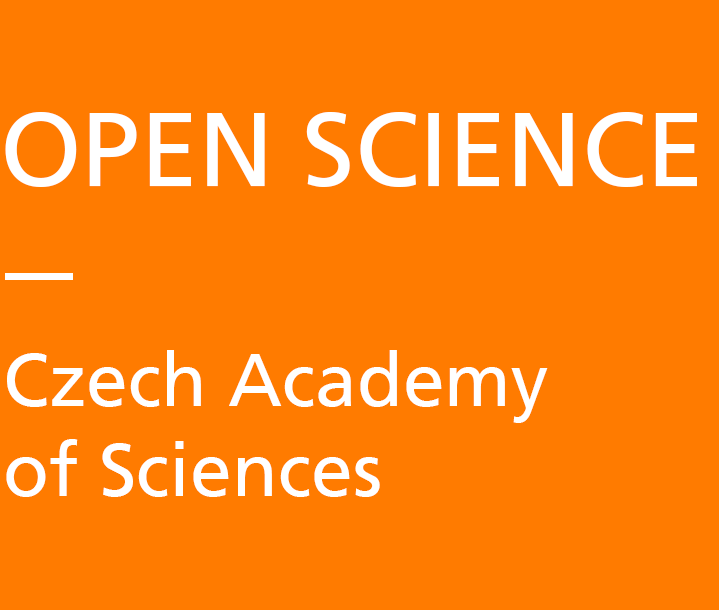Publishers Policies and Requirements
Some of the most important publishers have research data management-related requirements or policies. There is growing amount of scientific journals, which requires access to research data as a supplement (ergo supplementary materials) – essential for validation of results presented in published articles.
Elsevier
The following principles underpin Elsevier’s research data policy:
- Research data should be made available, free of charge to all researchers wherever possible, and with minimal reuse restrictions.
- Researchers should remain in control of how and when their research data is accessed and used, and should be recognised and valued for the investments they make in creating their research data and making it available.
- Expectations and practices around research data vary between disciplines and discipline-specific requirements need to be taken into account.
- Enabling effective reuse of research data is a shared aim and all stakeholders should work together to pursue this collectively, to find efficiencies and avoid duplication of effort.
- Platforms, publications, tools and curation services can enhance research data by improving their discoverability, use, reuse, and citation.
- Where others add value and/or incur significant cost in enhancing research data to enable its reuse, these contributions need to be recognized and valued.
PLOS
“PLOS journals require authors to make all data necessary to replicate their study’s findings publicly available without restriction at the time of publication.”
- When specific legal or ethical restrictions prohibit public sharing of a data set, authors must indicate how others may obtain access to the data.
- When submitting a manuscript, authors must provide a Data Availability Statement describing compliance with PLOS’ data policy. If the article is accepted for publication, the Data Availability Statement will be published as part of the article.
- PLOS believes that sharing data fosters scientific progress.
- Data availability allows and facilitates:
-
- Validation, replication, reanalysis, new analysis, reinterpretation or inclusion into meta-analyses;
- Reproducibility of research;
- Efforts to ensure data are archived, increasing the value of the investment made in funding scientific research;
- Reduction of the burden on authors in preserving and finding old data, and managing data access requests;
- Citation and linking of research data and their associated articles, enhancing visibility and ensuring recognition for authors, data producers and curators.
- Publication is conditional on compliance with this policy. If restrictions on access to data come to light after publication, we reserve the right to post a Correction, an Editorial Expression of Concern, contact the authors’ institutions and funders, or, in extreme cases, retract the publication.
Science
“The Science journals generally require all data underlying the results in published papers to be publicly and immediately available, to raise the quality of research published in Science and to increase transparency regarding the evidence on which conclusions are based.”
- All data used in the analysis must be available to any researcher for purposes of reproducing or extending the analysis.
- Data must be available in the paper or deposited in a community special-purpose repository or a general-purpose repository such as Dryad.
- Exceptional circumstances requiring special treatment, such as protection of personal privacy or purchase of datasets from third-party sources, should be discussed with the editor as early as possible (no later than at the manuscript revision stage) and spelled out explicitly in the acknowledgments.
- Problems in obtaining access to published data are taken seriously by the Science journals and can be reported.
Springer Nature
“We want to enable all of our authors and journals to publish the best research, which includes achieving community best practices in the sharing and archiving of research data.”
- All original articles must include a data availability statement. Statements should include information on what data are available, where these can be found, and any applicable access terms. This applies to both original and reused data, and whether or not data can be shared publicly.
- We strongly encourage that all datasets supporting the analysis and conclusions of the paper are made publicly available at the time of publication, and we mandate the sharing of community-endorsed data types
- We encourage authors to deposit their supporting data in publicly available repositories, or failing this within the manuscript or additional supporting files.
- A submission to a Springer Nature journal implies that all relevant raw data will be made freely available to any researcher wishing to use them, without breaching participant confidentiality.
- For a number of data types, submission to a community-endorsed, public repository is mandatory.
- Peer reviewers are entitled to request access to underlying data (and code) when needed to perform their evaluation of a manuscript.
- We recognise it is not always possible to share research data publicly, for instance when privacy of research participants could be compromised. In such instances data availability should still be stated in the manuscript along with any conditions for access.
The Royal Society
“To allow others to verify and build on the work published in Royal Society journals, it is a condition of publication that authors make available the data, code and research materials supporting the results in the article.”
- It is not permitted to state that data will be available from the authors upon request.
- We require supporting data and information, including source code and other digital research materials, to be made publicly available on publication of articles, as well as at submission for verification/review purposes. This is in line with our policies to promote greater openness in scientific research.
- There are two options for archiving data, code and other materials: in a publicly accessible repository (preferred) or as supplementary material in the published paper.
- Our preference is for authors to archive their raw data with an external repository, rather than providing this as supplementary material, since it will then be correctly curated.
- Use of Google drives, Dropbox, or similar services is prohibited for final publication but may be acceptable during the review process
- To encourage best practice in data sharing, several Royal Society journals have Dryad data deposition integrated into the journal submission system. For all its science journals, the Society will cover the cost ($120) of depositing data with Dryad.
- Data files and other supporting material (such as details of code) must be provided at the point of submission for our Editors and reviewers for peer-review, and then made publicly available before publication.
- Please ensure that the licence applied to your dataset is clearly visible on the repository landing page of your data record. All data deposited to Dryad through the integrated submission system will be published under a Creative Commons BY 4.0 licence; as will all supplementary files. Data which do not explicitly have an open licence are not open data.
Wiley
“At Wiley, we support the growing movement to make research more open, because this leads to a fairer, more efficient and accountable research landscape, which will ultimately drive a more effective and faster pace of discovery. We are committed to improving openness, transparency, and reproducibility of research. Fundamental to enabling reproducible research is the easy access to and ready discovery of its supporting data.”
- There are various standardized data sharing policy categories in Wiley´s Journals.
The policy varies from journals which “Encourages Data Sharing”,
- “We encourage authors of articles published in our journals to share their research data including, but not limited to: raw data, processed data, software, algorithms, protocols, methods, materials.”
to journals with Mandates Data Sharing and Peer Reviews Data.
- “[Journal] requires, as a condition for publication, that the data supporting the results in the paper will be peer reviewed and archived in an appropriate public repository.”
Last updated on August 12, 2024


